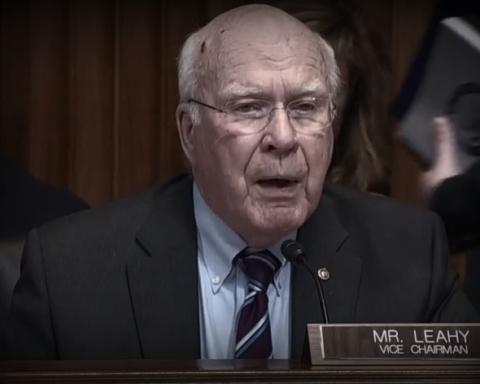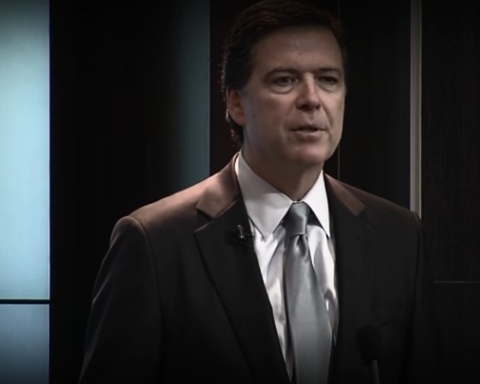Rep. Michael McCaul (R-Texas) is holding up a bicameral, bipartisan agreement on cybersecurity legislation, saying it gives too much power to American spies.
The House Homeland Security Committee wants an ongoing conference committee deal on three bills, including the Cyber Information Sharing Act (CISA), to ensure that data gleaned as a result of their passage is handled primarily by the Department of Homeland Security–an entity outside of the Pentagon’s purview.
“McCaul and his staff [have] been adamant that all private sector sharing should go through the DHS, seen as the agency best capable of scrubbing out sensitive information before data is spread throughout the government,” The Hill reported Tuesday.
“Privacy advocates have made similar arguments and are irate at what they see as a ploy to ram through a bill favoring the intelligence community under the radar,” it added.
If McCaul were to agree this week to conference committee language, both the House and Senate could vote on the bill before recessing for the winter holidays. The development, The Hill said, would give President Obama an opportunity to sign the legislation into law before the New Year.
The daily additionally noted that Homeland Security Committee staffers were “apparently frustrated at being largely left out of some of the unofficial negotiations,” The Hill noted. The paper said they’re currently hashing out their differences with their counterparts on the House and Senate Intelligence Committees.
Throughout the late-stages of CISA’s October passage, efforts by senators of both parties to restrict proposed spying powers were repeatedly thwarted by a bipartisan majority. Included in those pushes were multiple amendments that would have subjected Americans’ “personally identifiable information” to additional safeguards.
An author of one of those provisions and a leading critic of CISA, Sen. Ron Wyden (D-Ore.), blasted the legislation as a “surveillance bill” masquerading as cyber-security reform.
Former National Security Agency director Keith Alexander said that the bill, actually, didn’t go far enough. In November, the retired general called on Congress to grant the Pentagon access to information at “network speed.”
“When there’s a military response required from actions, that has to go immediately to the Defense Department,” he said.
CISA originated in the Senate Intelligence Committee. Its two companions, passed earlier this year by the House, came from the chamber’s Homeland Security and Intelligence Committees.





